At times it can feel as though avoiding my most problematic triggers of mast cell activation dominates my day. As I write this now, my face is a little flushed as I just came back from a run. While my medications and a low histamine diet are incredibly helpful, I still have symptoms on a daily basis, although thankfully to a much lesser extent than the days, years ago, when I had to go to hospital in the middle of the night multiple times.
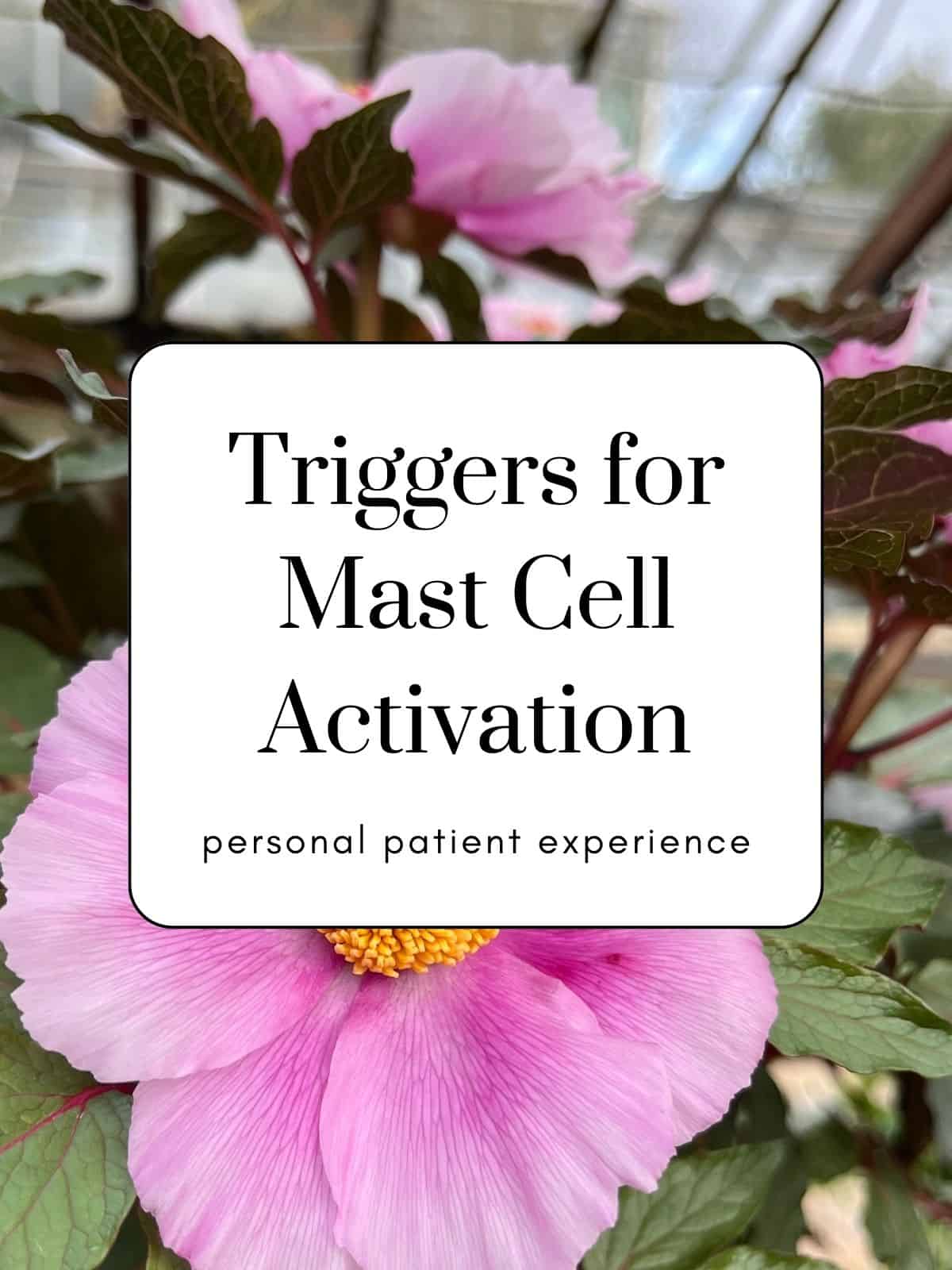
When I was first diagnosed with mast cell activation syndrome (MCAS) I was totally clueless about the condition. I hadn't ever heard of it, and definitely didn't know about triggers that would cause my mast cells to excessively release histamine (and other mediators).
It's been a long process of talking to my doctors, reading books such as Dr Afrin's Never Bet against Occam and learning about my own personal triggers to improve my health.
I'll admit that I was rather naive at first. I thought I would simply avoid my triggers, but of course this is virtually impossible. Each of us has our own triggers if we live with MCAS, but from speaking with my doctors and chatting to friends on my Through the Fibro Fog Instagram, mine seem to be fairly common ones. I hope this post works as a guide of topics to ask your doctors about, so they can help you manage triggers for your personal circumstances.
This post on my triggers for mast cell activation is simply my story and is for informational purposes only. It does not constitute medical advice in any way. Please consult with a specialist doctor for your care for mast cell activation syndrome and any other medical conditions.
Jump to:
Food triggers
I find food triggers to be one of the most tricky to avoid, especially when eating out. After all, who has ever seen a low histamine option in a restaurant?! We all know about a vegan or gluten-free diet, and perhaps paleo or keto, but the low histamine diet is relatively unknown outside of those who have to follow it for a medical condition.
My doctors recommend that I follow the Swiss Interest Group Interest Histamine Intolerance (SIGHI) food compatibility list for histamine and try to keep to foods scoring 0-1 on their scale. I've found it really helps and confirmed that some higher histamine foods such as alcohol, certain vinegars and hard cheese are triggers for me.
It was difficult to follow the SIGHI list to begin with, and still is at times. Saying that though, I've come to love food even more since being on a low histamine diet. It's really fun to come up with the low histamine recipes that I share here on the blog, and to try and make my own 'safe' version of favourite dishes with some easy low histamine food swaps. Cooking is like stress relief for me now!
Some posts that may help you out:
10 tips for starting a low histamine diet
Heat
I'm lucky not to live somewhere that gets too hot, although our summers definitely seem to have the mercury rising more and more the past few years. Heat is a massive trigger for me, and for many others it seems from chats that I have had with my MCAS friends. It always has my cheeks flushing and burning, and my head pounding too.
The worst place for heat is, ironically, hospitals! Why are waiting rooms set to sauna-like temperatures?? I'm forever opening windows or asking if I can turn down a radiator as I wait to see my doctors. And I'm not beyond doing a sneaky dial-down of the thermostat when nobody is looking either . . .
So how to cope with heat?
- Wear layers rather than a single heavier top. When the weather is warmer or I know I'm going to be in a hot environment I tend to wear a short-sleeved top and then layer with a cardigan or jacket.
- Speak with family and friends. I think we all know someone that likes to have their home virtually tropical in temperature, and walks around in a vest top in the midst of winter. I've had to have a few conversations gently explaining my condition and heat intolerance and asking for the heat to be turned down.
- Invest in a portable fan. It makes a huge difference to me, especially as I don't have AC at home. When the temperature was hitting the 30s celsius this year, my fan saved me!
- As well as being really helpful post-workout, products such as the Koldtec ice towel are a great way to cool down. I like mine around my shoulders or draped over my weirdly hot feet in the summertime!
- Sip on an ice-cold low histamine smoothie! I have lots of recipes here on the blog, but my cherry blueberry smoothie is one of my all-time favourites.

Exercise
It's so frustrating to want to exercise to be healthy, but for it to be one of my triggers for mast cell activation. I love to run when my symptoms are lower and am very grateful to have gradually worked up to being able to do this again since becoming unwell. It feels amazing to have that freedom of being outdoors and moving my body in a positive way.
Exercise can be tricky though, especially in the summer. Some things that help me out:
- Exercise on a really hot day is a big 'no' for me as it means that there are two triggers at once - exercise and heat. It's just too much. If I do exercise on a hotter day then it is either early morning or later evening when it is cooler. Days with a heatwave - then it's a bit of gentle yoga such as Yoga with Adrienne on YouTube at home - preferably in front of my fan!
- I don't belong to a gym personally, although I did years ago, but you may find the air-conditioning helpful if the environment doesn't have other triggers for you.
- Wear layers of clothing rather than a big hoodie or long-sleeved top that you may regret when you warm up. I tend to do a vest top and a longer-sleeved top that I can tie around my waist when I go for a run.
- Ice packs may be your friend! When I need to cool down after a workout I often use the Headache hat for my head (especially if a migraine is brewing) and the Koldtec ice towel for around my shoulders (also good for my pesky knee injury!). So easy to use, you simply put the strips in the freezer so you can use whenever you need to.
- For those that carry epi pens like me, invest in a running backpack to keep them in, as well as your phone and other bits and bobs.
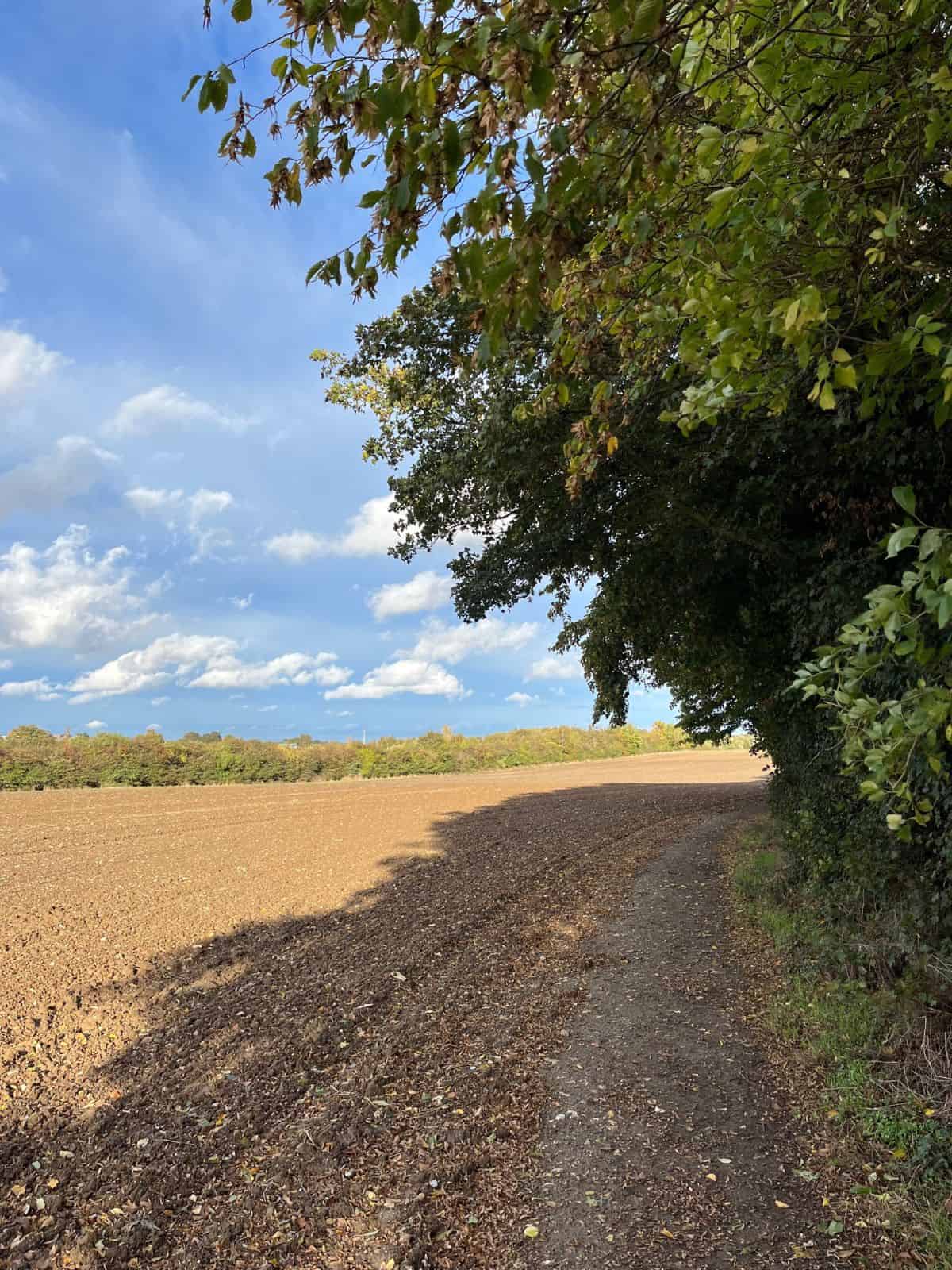
Insect bites
Man do bugs like me! After being bitten by a bug I have ended up at the doctor's being prescribed antibiotics a number of times. My arm, leg or whatever bit of my body seems particularly tasty to bugs always swells up, turns bright red and gets very angry and infected.
Thankfully, I don't get more severe symptoms and the antibiotics do the trick after a day or two, but my body definitely doesn't cope well with insect bites. No trips to the New Forest or Everglades for me!
Insect bites can't be avoided altogether, but staying away from areas such as woods and forests where bugs like to lurk is probably a good idea. If not, then it's long-sleeved tops, long trousers rather than shorts, and an insect repellant (although check you aren't sensitive to ingredients).
Stress
Stress is pretty terrible for any chronic illness, and it is definitely one of my triggers for mast cell activation. Red flushed cheeks are pretty standard for me anytime I feel anxious or too busy.
With Christmas around the corner as I write this, I've made an effort to work on stress levels and generally put self-care into my day as best I can. As well as cooking, one of my favourite things to do is yoga at home. Sometimes it is five or ten minutes for some quiet time and a good stretch, other times I follow a video on YouTube for a longer session. It feels so good after!
On my list to get back into because I have fallen off the wagon with it, is meditation. Both the Calm app and Insight Timer have really great guided meditations with all different lengths of time. Maybe this should be my New Year's resolution! And just do whatever makes you feel good! It could be cooking, playing board games, watching a movie or diving into a great novel.
Some books on MCAS that really helped me:
Amber Walker; Mast Cells United: a holistic approach to mast cell activation syndrome
SIGHI; Mast cell-friendly and low histamine cooking
Related posts
Living the low histamine life FAQ
I'm active on Instagram and Twitter if you would like to follow along for more content on living with MCAS!
UK Amazon product links
All links above are US links, for my UK friends:
Lawrence Afrin; Never bet against Occam: mast cell activation disease and the modern epidemics of chronic illness and medical complexity
Amber Walker; Mast cells united: a holistic approach to mast cell activation syndrome
SIGHI; Mast cell-friendly and low histamine cooking
***
Please follow the advice of your doctor as to all medical treatments, supplements, and dietary choices, as set out in my disclaimer. I am not a medical professional, and this post, as well as all other posts on this blog, are for informational purposes only.

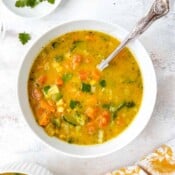
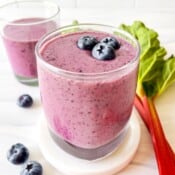
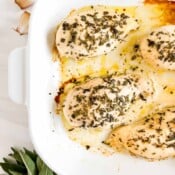
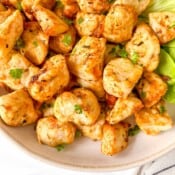
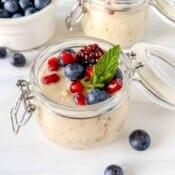
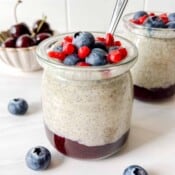
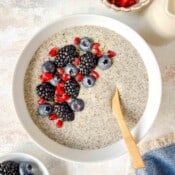

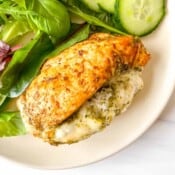
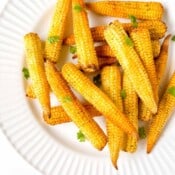
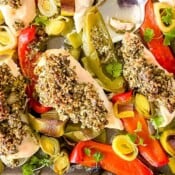
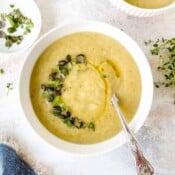
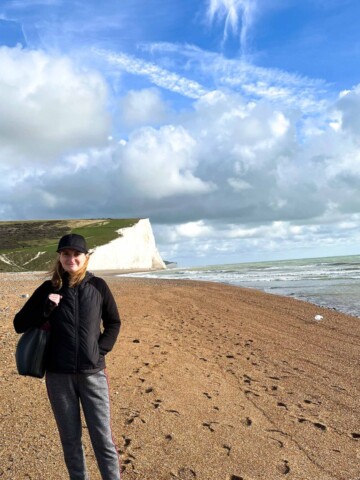
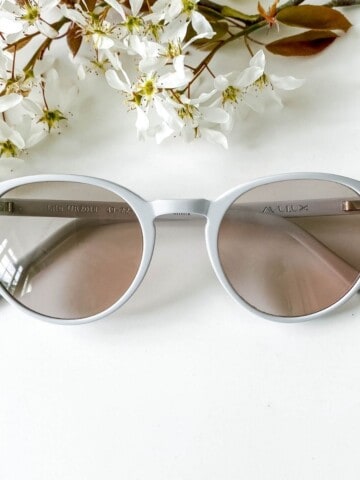
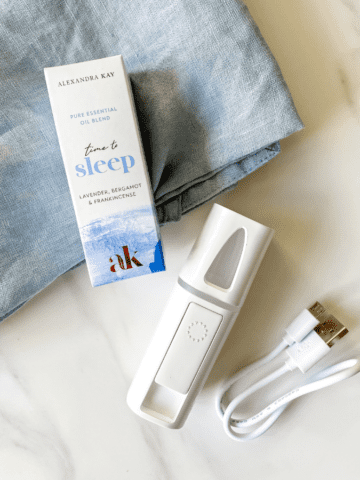

Comments
No Comments